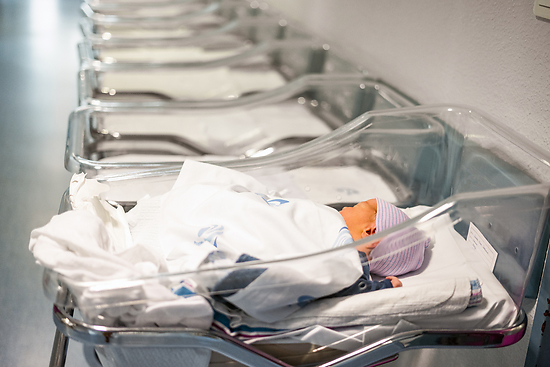Laboratory
Biosfer
At a Glance
Projects
Publications
Team
Detailed Description

© iStockphoto.com/Jacek_Sopotnicki
High-income countries are experiencing both unprecedentedly low and increasingly polarized fertility with growing social gradients in childbearing. Key theories on fertility patterns are based on the empirical observation that until recently fertility remained comparatively high in gender-egalitarian countries with strong support for families. Since 2010 many of the countries that provided evidence for such theories have reached record-low fertility. This confronts the scientific paradigm of the key drivers of fertility.
The BIOSFER -Untangling biologic and social causes of low fertility in modern societies- project investigates how social, biological and psychological factors work together to produce the observed patterns, levels and variation in fertility among young adults. We leverage ideas from several disciplines and propose that the existing theories must be complemented with concepts such as risk aversion and decision making under imperfect information, intergenerational transmission of fecundity, epigenetics, and beyond, in order to understand modern fertility behaviour. We develop theoretically informed, falsifiable hypotheses that we test against the two richest population-based longitudinal pregnancy and pubertal cohorts in the world, MoBa in Norway and the DNBC in Denmark. We also collect new data sets from these cohorts.
We offer a uniquely integrative life-course-based approach that is neither social or biomedical, but combines central ideas from both, and evaluates the biosocial determinants of the key transition points from fetal life through puberty and partnering into planned, unplanned, partnered and unpartnered childbearing. We study the social, biomedical and psychological forces, their interactions, and intergenerational forces as they operate throughout the life-course to produce the modern low-fertility landscape. The results will help to provide a novel, bio-social framework for understanding the life-course processes that drive contemporary fertility patterns.